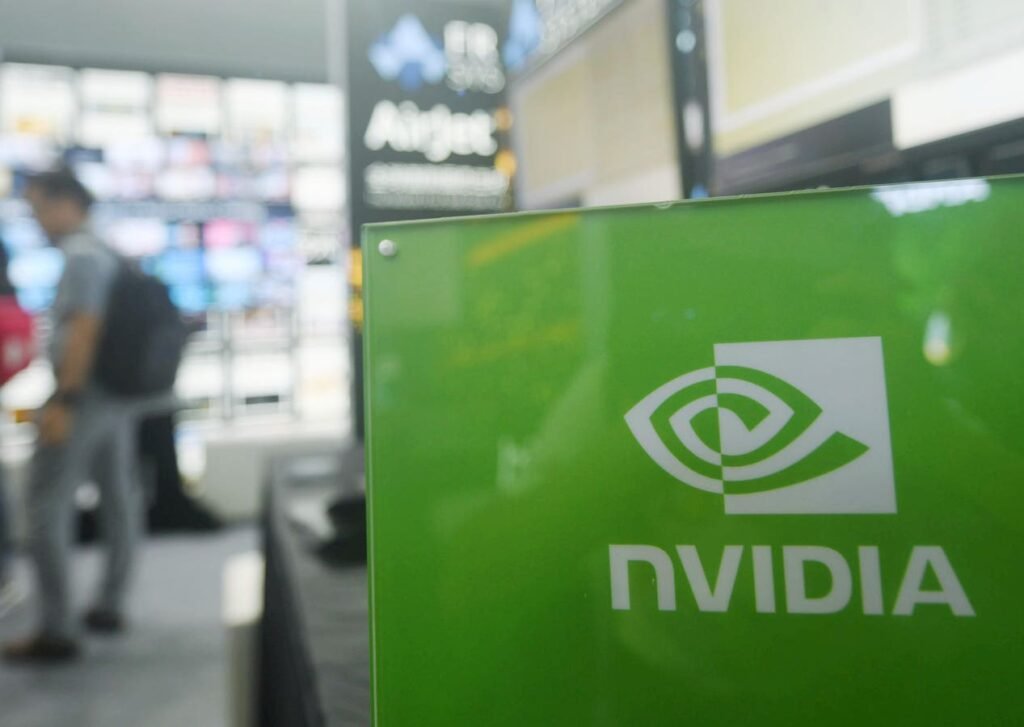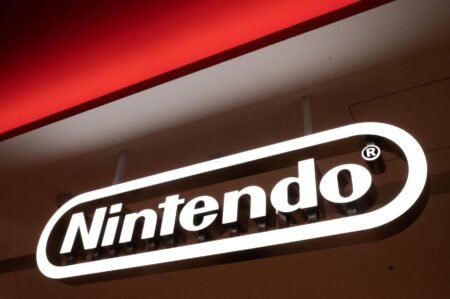Nvidia stock has seen a significant rally of over 150% this year thanks to the increased demand for its graphics processing units for artificial intelligence applications and the recent stock split. The company’s market cap is now comparable to tech giants Microsoft and Apple, standing at $3.1 trillion. Nvidia is seeing solid financial performance, with revenues expected to double to $111 billion this year and earnings to more than double. With net margins of 57% in the last quarter, the stock is currently trading at around $126 per share, a multiple of roughly 50x forward earnings, which is justified by the company’s recent growth.
However, investors are questioning whether Nvidia can maintain its momentum in the face of increasing competition. While Nvidia currently leads the market in AI chips, rivals like AMD and Intel are investing heavily to catch up. AMD’s new MI300X chip outperforms Nvidia in several parameters, and big tech players like Google, Amazon, and Facebook are also heavily investing in AI and machine learning-related silicon. This competition could pose a threat to Nvidia’s current growth rates and high margins.
The surge in GPU demand driven by the training phase of AI models is expected to ease over time as the focus shifts towards lower power requirements in real-world applications. Additionally, questions remain about the return on investment for companies making massive investments in artificial intelligence infrastructure. Venture capital firm Sequoia estimates that AI industry spending on Nvidia chips for training AI models far exceeds the revenue generated, suggesting that investments in AI data centers may be driven more by FOMO than solid return projections.
Despite seeing strong gains in recent years, Nvidia stock has been volatile, underperforming the S&P 500 in 2022. In contrast, the Trefis High Quality Portfolio, consisting of 30 stocks, has outperformed the S&P 500 consistently. With uncertainties in the macroeconomic environment, including high oil prices and elevated interest rates, there are concerns about whether Nvidia could underperform the S&P 500 in the next 12 months or see a strong jump in performance.
Trefis values Nvidia stock at $89 per share, about 30% below the current market price. The analysis reflects the potential risks and uncertainties facing the company and the broader market environment. Investors are advised to consider these factors in their investment decisions and evaluate Nvidia’s valuation and revenue streams for a more comprehensive understanding of the stock’s potential performance.












